
Jason Schulman writes in memory of the late socialist activist, his comrade Michael Hirsch.
JASON SCHULMAN is on the editorial board of New Politics, the editor of Rosa Luxemburg: Her Life and Legacy (Palgrave, 2013), and author of Neoliberal Labour Governments and the Union Response: The Politics of the End of Labourism (Palgrave, 2015).
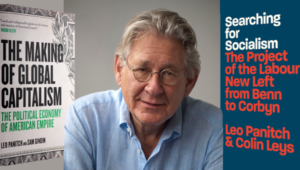
Leo Panitch was a genuine organic intellectual. He was a great teacher and a good friend. He should not have left us so soon and so suddenly. But we should all be grateful for what he gave to the left, to his students, to his comrades.

For people of a certain age — Generation X, they used to call us — it’s something of a cliche that if you loved punk rock and had leftist leanings you’d find your way to hearing a Gang of Four . . .

Various books have been published in the last few years that make a case for a transition to socialism. This one has a special “edge”: it’s written by the Harold Quinton chair of business policy, and professor of . . .
We are in interesting times. Across the globe a new wave of social protests has erupted. They stretch from Iran, Iraq, and Lebanon to Hong Kong; from Algeria and Sudan to France and Catalunya. They have taken place . . .

Some months ago, a Gallup poll established that a majority of Americans, 57%, believe there is a need for a third major political party. Granted, this particular poll says nothing about the political orientation of this hypothetical third party. But given how . . .
Pessimism and optimism vie for our feelings as we survey the world and national scene. We are deeply disheartened by the continuing reports on climate change, driven largely by the coal and oil industries, most recently a report . . .
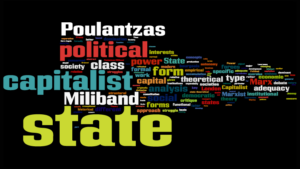
I dislike criticizing my good friend Dan La Botz, but I have to disagree with aspects of his review of The Socialist Manifesto, the new book by Bhaskar Sunkara, our fellow New Politics editorial board member and editor of Jacobin. To me, . . .

One need not be a Christian or religious at all to feel that the human race, if it does not change its behavior, seems to be heading toward an apocalypse, toward the destruction of the planet and human life.

 With the revival of the socialist movement in the U.S., and the phrase “political revolution” having briefly entered the political mainstream as a result of Bernie Sanders’ Presidential campaign, it’s a good idea for contemporary socialists to look back upon the political strategies of our predecessors to examine what they thought “revolution” signified, and to draw appropriate conclusions.
With the revival of the socialist movement in the U.S., and the phrase “political revolution” having briefly entered the political mainstream as a result of Bernie Sanders’ Presidential campaign, it’s a good idea for contemporary socialists to look back upon the political strategies of our predecessors to examine what they thought “revolution” signified, and to draw appropriate conclusions.
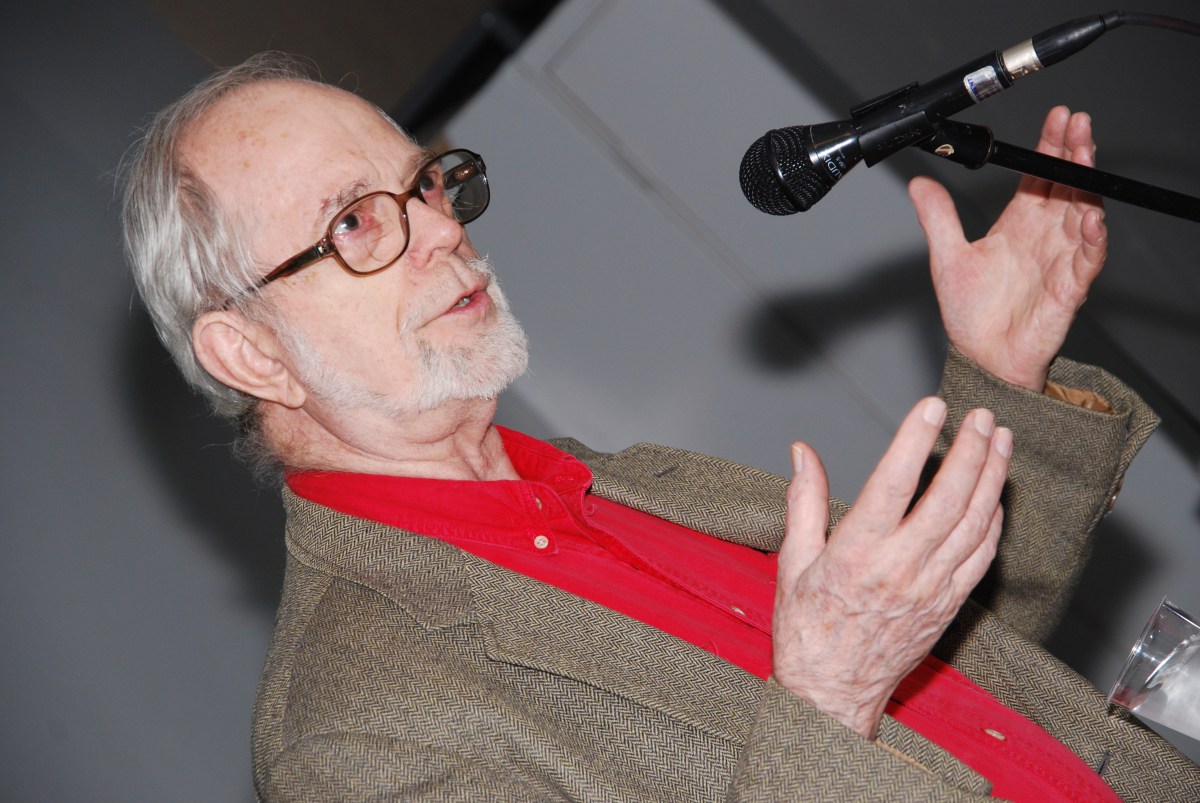
David McReynolds was the first “Old Leftist” I ever met, back in 1996, at one of a number of ill-fated 1990s meetings of representatives of socialist organizations in New York City hoping for some sort of “left unity” around a common project. Strictly speaking, David wasn’t an “Old Leftist” – that label was affixed to members of the Socialist Party (SP), Communist Party (CP) or the Trotskyist grouplets of the 1930s and 1940s. David was “inbetween” the Old and New Lefts, joining both the SP and the radical-pacifist War Resisters League (WRL) in 1951.
 This memoir of sorts by Fordham University sociology professor Heather Gautney, who became a policy fellow in Bernie Sanders’ Washington DC office and a volunteer researcher and organizer for his unexpectedly popular 2016 presidential campaign, has a very specific focus: to “offer insights from up-close work with Bernie, mixed in with historical and sociological analysis, to perform an autopsy of the 2016 election” (2). Given the sheer number of insightless (to put it mildly) autopsies that have been proffered across the political spectrum—perhaps none more useless than Hillary Clinton’s own What Happened (Simon & Schuster, 2017)—Gautney’s book is more than welcome and even slightly overdue.
This memoir of sorts by Fordham University sociology professor Heather Gautney, who became a policy fellow in Bernie Sanders’ Washington DC office and a volunteer researcher and organizer for his unexpectedly popular 2016 presidential campaign, has a very specific focus: to “offer insights from up-close work with Bernie, mixed in with historical and sociological analysis, to perform an autopsy of the 2016 election” (2). Given the sheer number of insightless (to put it mildly) autopsies that have been proffered across the political spectrum—perhaps none more useless than Hillary Clinton’s own What Happened (Simon & Schuster, 2017)—Gautney’s book is more than welcome and even slightly overdue.
After protests and occupations temporarily shut down ICE offices, Donald Trump suffered a significant political defeat when he was forced to reverse himself on separating immigrant children from their parents after they were arrested at the border. By and large, people were horrified at the separation of kids from their families and at the creation of what were basically prison camps for children. Polls showed that only about a quarter of the U.S. population supported Trump on this child-hostage policy, though about half of Republicans did.
We wish our readers a Happy New Year, though we know that you take little joy in it, politically speaking. If we take no joy, we do sometimes find humor in President Donald J. Trump’s proclamations by Twitter, such as his claim that he is a “stable genius.” The current debate revolves around which of those two words is more ridiculous.
Ecosocialism: A Radical Alternative to Capitalist Catastrophe, while excellent and valuable in its own right, isn’t quite the introduction to “green Marxism” that one might have expected. Michael Löwy is a veteran for decades of the democratic revolutionary left in France and a frequent contributor to New Politics.
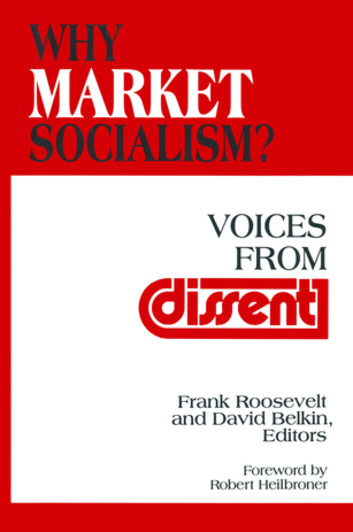
In “Our Road to Power,” an article from the most recent issue of Jacobin, Vivek Chibber makes some very familiar arguments about socialism and “central planning.” One hardly has to quote him—they’ve been repeated many times since Alec Nove’s The Economics of Feasible Socialism appeared in 1983.
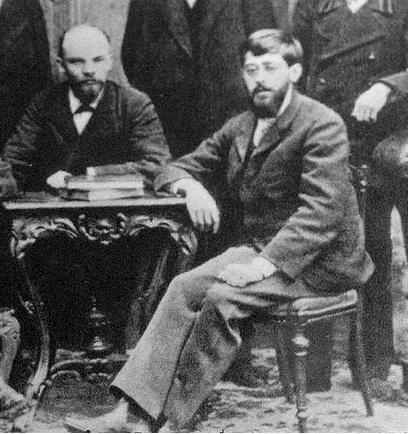
The greatest flaw of Mitchell Cohen’s “What Lenin’s Critics Got Right” in the most recent Dissent is that it repeats what Lars T. Lih, independent researcher and author of Lenin Rediscovered:‘What Is To Be Done’ In Context (Haymarket, 2008) and a biography of Lenin (Reaktion Books, 2011), calls the “standard textbook interpretation” of Lenin’s thought and, by extension, Bolshevism as a movement.
Since Donald Trump has taken up residence in the White House, the country has faced a series of political controversies, a barrage of right-wing legislative and regulatory initiatives, a growing far-right movement, but also a broadening resistance from various sectors of society.

A few days ago, Paul Krehbiel—a member of the Committees of Correspondence, an organization with roots in a split from the Communist Party USA in 1991—had an essay posted on Portside entitled "United and Popular Front: Lessons from 1935-2017."

Jason Schulman is a member of the Democratic Socialists of America, co-editor of New Politics, and author of Neoliberal Labour Governments and the Union Response (Palgrave Macmillan, 2015).
He spoke to Workers’ Liberty about the challenges facing the left in America under Donald Trump's presidency.